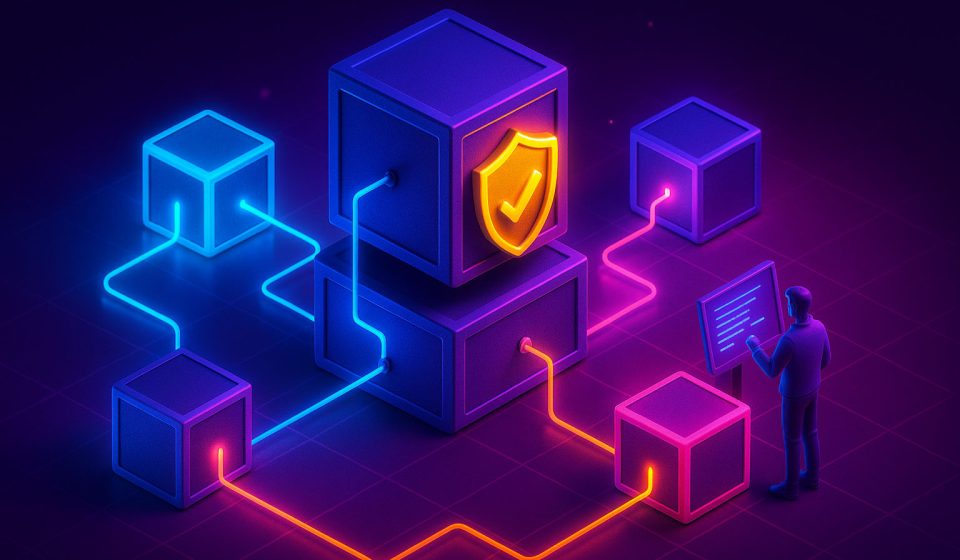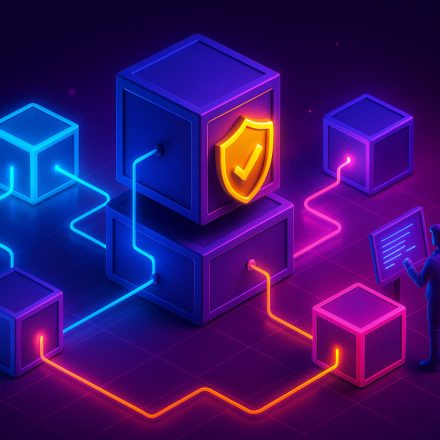
✅ What Are Validators in Blockchain? 7 Key Facts You Should Know
What are validators in blockchain is a question that comes up often as the crypto ecosystem shifts toward more energy-efficient consensus mechanisms like Proof of Stake (PoS). Validators are the backbone of PoS blockchains — responsible for confirming transactions, securing the network, and earning rewards in return.
Table Of Content
This article will explain what validators are, how they work, and why they’re becoming increasingly important in modern blockchain systems.
🔎 What Is a Validator in Blockchain?
A validator is a participant in a blockchain network who verifies and confirms transactions to maintain the integrity and security of the blockchain.
Unlike traditional miners, validators don’t solve complex math problems. Instead, they are selected to create new blocks based on the amount of cryptocurrency they have “staked” as collateral.
Validators are essential in blockchains that use Proof of Stake or similar consensus algorithms.
⚙️ How Validators Work
Here’s how validators typically operate in PoS systems:
- Staking: Validators lock up a certain amount of cryptocurrency (e.g., ETH in Ethereum 2.0).
- Block Proposals: Based on a combination of stake size and randomness, the network selects validators to propose the next block.
- Validation: Other validators check the block’s validity and reach consensus.
- Rewards & Penalties: Validators earn rewards for honesty and can be penalized (slashed) for malicious behavior or inactivity.
🪓 Validators vs Miners: What’s the Difference?
| Aspect | Validators (PoS) | Miners (PoW) |
|---|---|---|
| Consensus Type | Proof of Stake | Proof of Work |
| Resource Used | Staked crypto | Electricity and computational power |
| Reward Type | Staking rewards + transaction fees | Block rewards + transaction fees |
| Environmental Impact | Low | High |
Validators offer a more eco-friendly and scalable alternative to mining.
🔄 The Role of Validators in Proof of Stake (PoS)
In PoS blockchains, validators are trusted decision-makers. They help maintain decentralization by distributing validation duties across multiple participants.
Well-known PoS networks that rely on validators include:
These platforms rely on validators for block finality, governance voting, and staking mechanics.
✅ Benefits and Risks of Being a Validator
Benefits:
- Earn rewards through staking
- Contribute to decentralization
- Participate in network governance
Risks:
- Requires technical knowledge and uptime
- Possible financial loss from slashing
- Locked funds during staking period
🌍 Real-World Examples of Blockchain Validators
| Blockchain | Validator Requirements | Staking Reward (approx.) |
|---|---|---|
| Ethereum 2.0 | 32 ETH | ~4-6% annually |
| Solana | 1 SOL (via delegation) | ~7-10% |
| Avalanche | 2,000 AVAX | ~9% |
| Polkadot | Via nomination | ~13-15% |
Many users delegate their tokens to trusted validators rather than running a node themselves.
🎯 Final Thoughts
What are validators in blockchain is a foundational concept in understanding the evolution from Proof of Work to Proof of Stake and beyond. Validators secure the network, process transactions, and help blockchains remain decentralized and efficient.
As PoS becomes the dominant model in crypto, validators will play an even more central role in how blockchain systems operate.
🔗 Learn More
Internal Link → Mining & Consensus
External Link → https://ethereum.org/en/developers/docs/consensus-mechanisms/pos/














